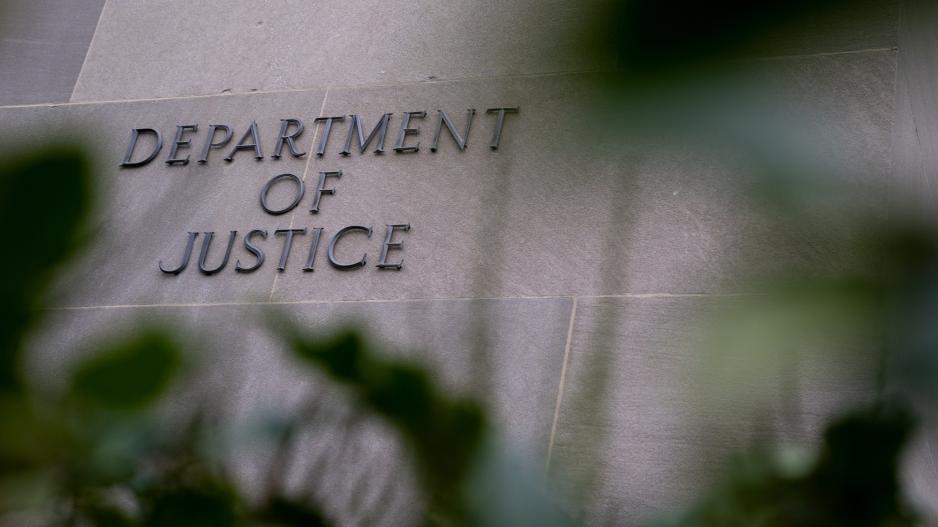US DOJ Investigates AI Monopolies Amid Growing Concerns
Antitrust Division Targets AI Industry Dominance by Major Tech Firms
The antitrust division of the US Department of Justice is considering "urgent action" against the concentration of artificial intelligence power in a few dominant companies.
Jonathan Kanter, head of the Justice Department’s Antitrust Division, told the Financial Times that the issue of AI will be examined "urgently" as concerns grow that control over this groundbreaking technology is concentrated among a few wealthy individuals.
"We are looking at monopoly choke points and the competitive landscape of AI, covering everything from computing power and the data used, to cloud service providers and access to essential hardware like graphics processing units," Kanter told the Financial Times. "Sometimes, the most important intervention is when it happens in real-time," he added.
In his third year at the US Department of Justice, Kanter has led a tougher antitrust approach alongside the Federal Trade Commission, suing tech giants like Google and Apple for imposing "monopolies" on services such as search engines and digital advertising.
US regulators are concerned that the emerging AI sector is "at the high end of competition, not the low end, and we must act urgently to ensure that already dominant tech companies do not control the market," said Kanter.
The US Federal Trade Commission (FTC) is already investigating whether Microsoft structured one of its recent deals with an AI startup to avoid a government antitrust review of the transaction.
In March, Microsoft hired the co-founder of Inflection AI and nearly all its employees, agreeing to pay the startup around $650 million as part of a licensing fee for reselling its technology.
Companies are required to report acquisitions worth over $119 million to federal antitrust agencies, which have the authority to investigate the impact of the deal on competition.
The FTC or the Justice Department, which share antitrust authority, can sue to block mergers or other investments if an investigation finds that the deal would significantly reduce competition or lead to a monopoly. "If a company in the AI ecosystem violates an antitrust law, then the Antitrust Division will have a say," Kanter said recently at a conference at Stanford University in the heart of Silicon Valley.






